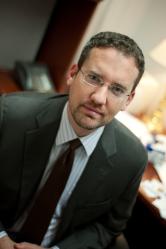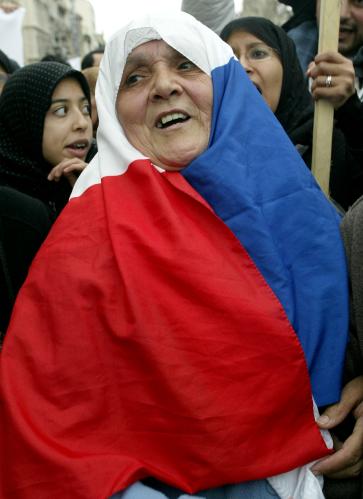The following offers highlights from the second plenary session at the 2017 U.S.-Islamic World Forum. You can find summaries of the other plenary sessions here and here.
Renewed authoritarianism, the rise of ISIS, growing sectarian tensions, and new risks to minority communities all call into question the future of pluralism and tolerance in the Middle East. At the 2017 U.S.-Islamic World Forum, a panel on religion and governance examined prospects for strengthening the culture of citizenship in the Middle East and some of the broader political issues that surround it. The panel also explored debates about the role of religion in public life and the question of relations between Islamists and non-Islamists.
Moderator Caroline Modarressy-Tehrani, a national correspondent with Vice News Tonight, began with a pointed question to Brookings Senior Fellow Shadi Hamid: Is Islam inherently political? Hamid emphasized that all religions may be similar in their general objectives, but that they have different characteristics and metaphysical underpinnings—and that matters. Islam’s founding moment, for example, intertwined religious and political functions, and this shapes how many, if not most, Muslims view religion’s role in law and governance. This doesn’t mean it’s a bad thing in public life, he said.
Bassem Youssef, the former host of the television program AlBarnameg, and popularly known as “Egypt’s Jon Stewart,” disagreed, saying that no country ought to define itself by religions, especially countries that have competing belief systems. Egypt had tried it and failed, he said. The fundamental issue with the state’s privileging of a certain religion, Youssef argued, is that it relegates the interpretation of that religion to certain “approved” officials. This is problematic, Youssef contended, because religions are diverse traditions, and propagating an official doctrine will come at the expense of others.
Modarressy-Tehrani then asked Mehrezia Labidi-Maïza, a member of the executive board of the Ennahda party in Tunisia, what it means to be a “Muslim democrat.” Labidi responded that unlike most who identify themselves as “Islamists,” a Muslim democrat does not claim his or her solutions are the best because they are more “Islamic.” Rather, a Muslim democrat’s policy proposals stand on their own merit against competing options.
Mustafa Akyol, the prominent Turkish journalist and a senior visiting fellow with the Freedom Project at Wellesley College, agreed with Hamid that Islam has a political bent to it. But the question is how it is articulated: Through an Islamic totalitarianism that coerces others? he asked. Or a liberal society focusing on individual freedoms? Classical Islam, argued Akyol, was an interpretation for its age, and must be re-interpreted for this one. Akyol said he agreed with Youssef on the need for a secular state that respects religion’s role (like America’s), but questioned whether a convincing Islamic argument for such a secular state exists.
He also touched on the gradations of secularity, calling for a distinction between a secular state and a secularist state, for instance. Youssef responded that it’s not necessary to have an Islamic argument for secularism, since the ultimate arbiter, superstructure, and deciding criterion must itself be based on secular principles.
Hamid then raised the question of how the Muslim world can be expected to produce liberal outcomes without a real constituency of liberals. What happens, for example, when Islamists keep winning elections? Youssef responded said that he would reject such outcomes if it meant that the elected would aim to change the fundamentally secular nature of the state, while Labidi argued that the issue is not about accepting secularism but rather pluralism. Labidi continued, saying that Tunisia represented an example of how to foster pluralism while maintaining stability. However, she emphasized that the Tunisian case is still a work in progress, and that it takes time for a sustainable democratic culture to take root.
Akyol expressed that perhaps the Middle East is going through Fukuyama’s “End of History,” recalling that the EU was forged by centuries of bloodshed. Hamid was less sure of that possibility, but noted that people the world over are bored with the technocratic consensus, and that we are in many ways seeing the return of ideology.



Commentary
Experts debate the intersections of Islam, democracy, pluralism, and citizenship in the Middle East
October 3, 2017